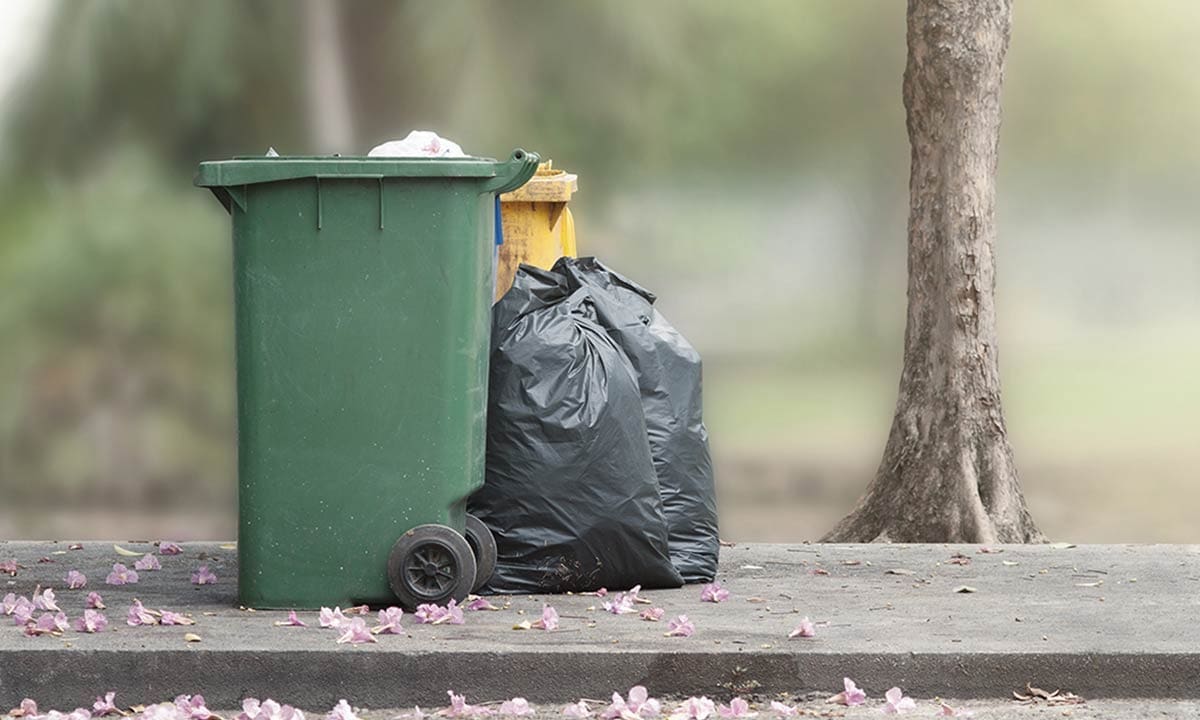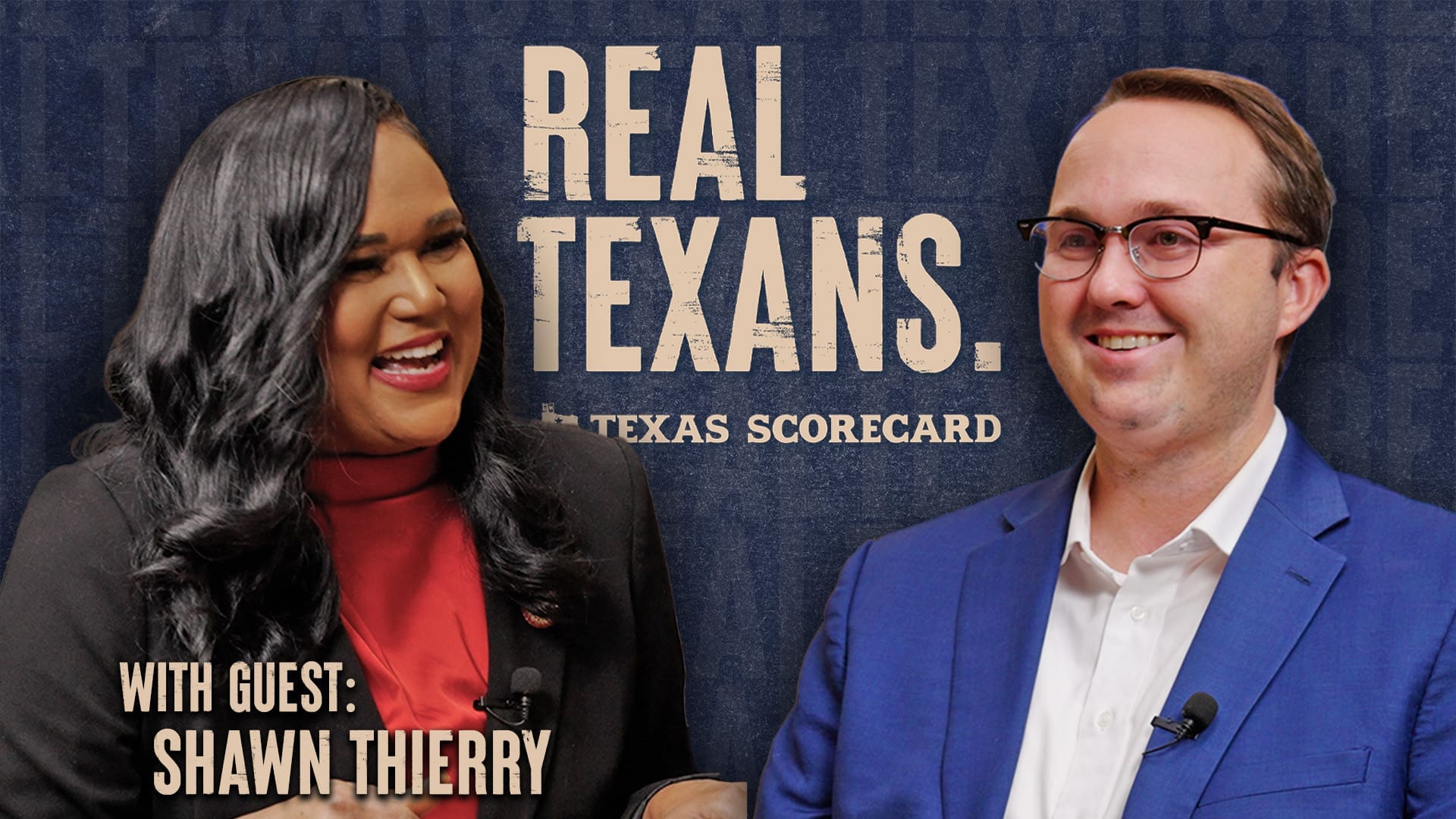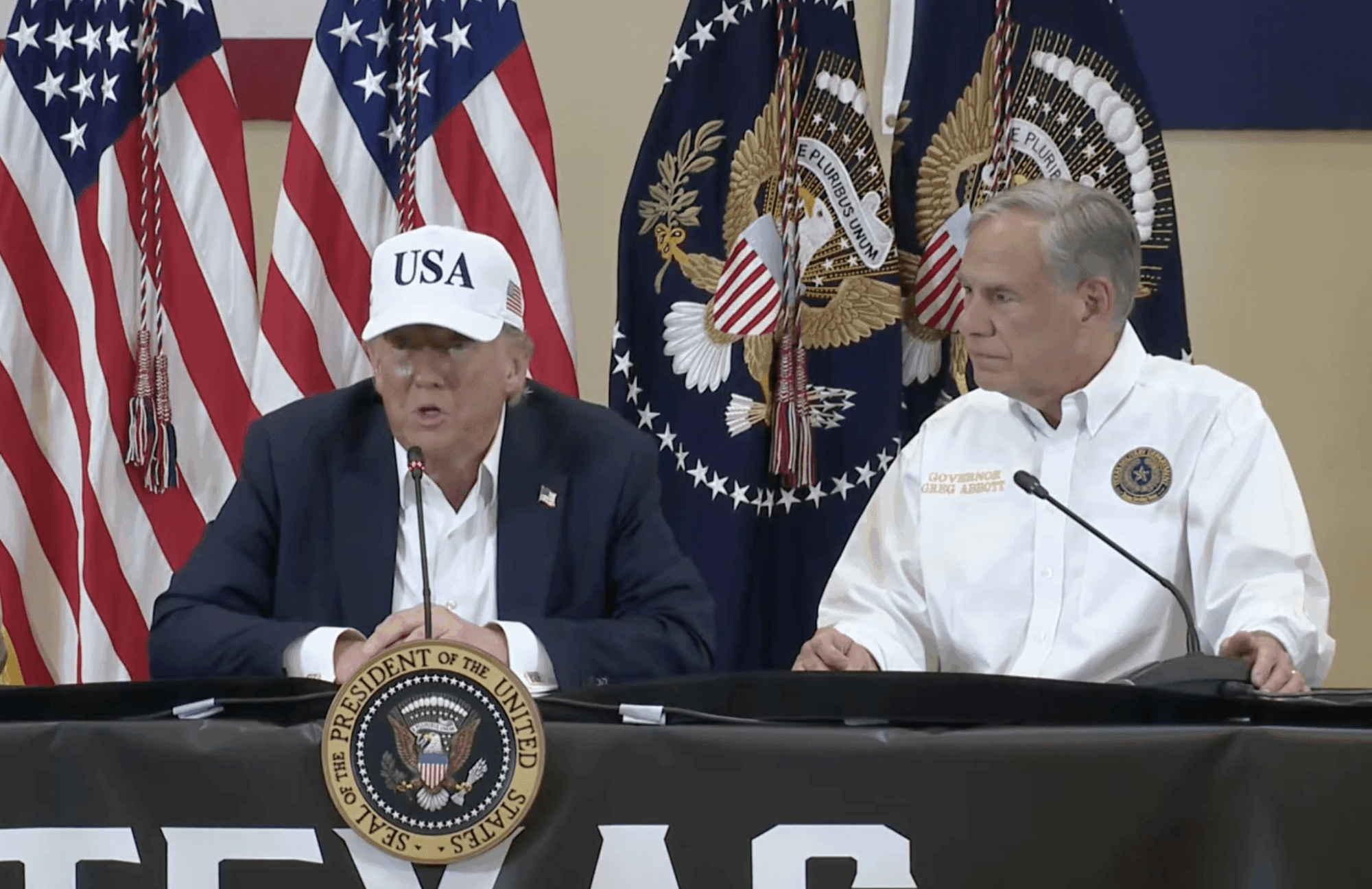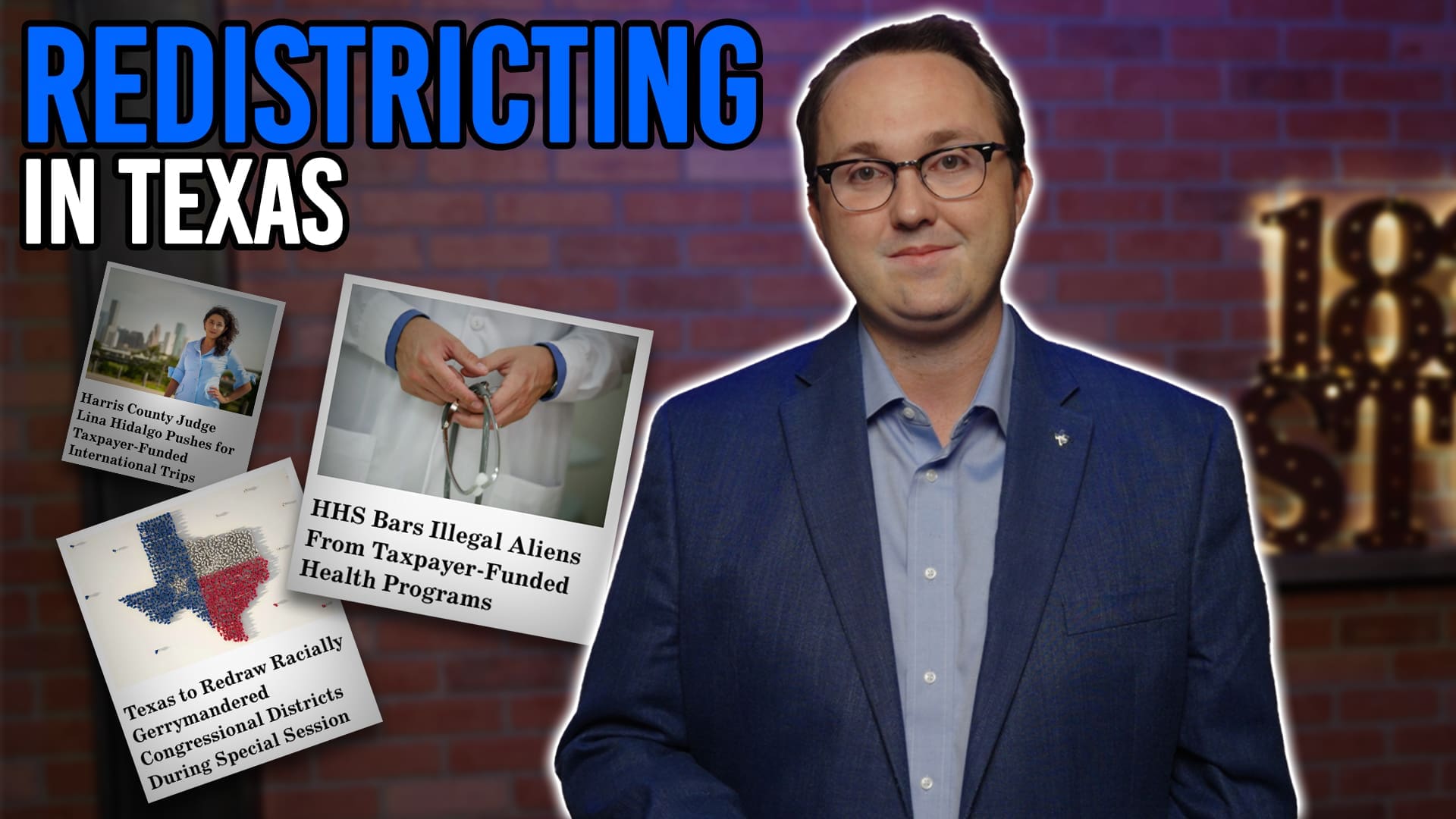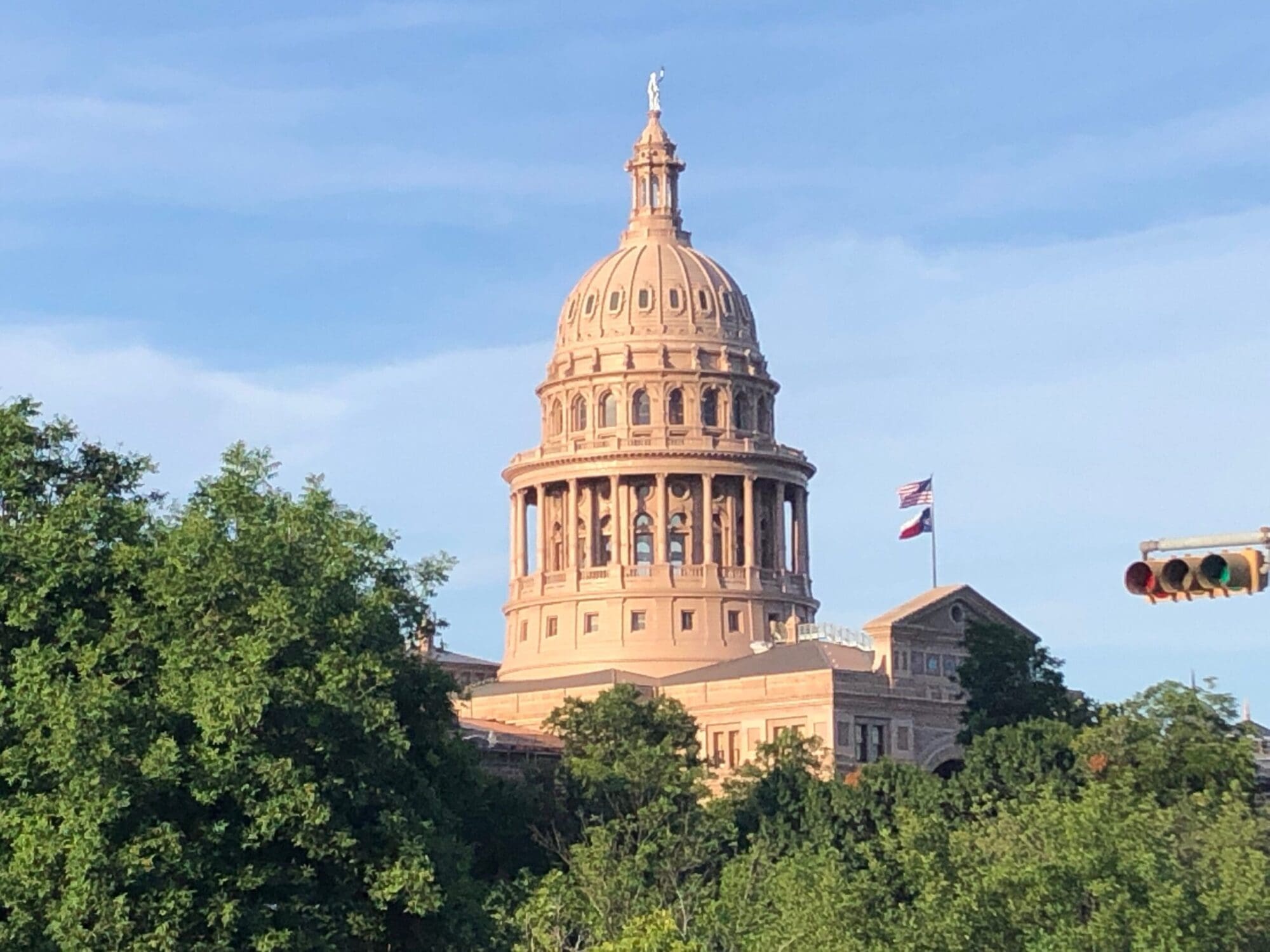One man’s trash is another man’s treasure. In Houston, it might also be the source of a new tax.
Houston Council Member Dwight Boykins is putting forward a plan to tax residents a minimum of $25 per month to throw away their garbage, according to his presentation at Houston City Hall this afternoon. Boykins hopes that by levying the tax, the city will generate enough revenue to offset the cost of the recently passed Proposition B (or fire fighter pay parity).
Pointing to Austin, San Antonio, El Paso, Dallas, and Fort Worth as similarly sized cities that charge a garbage tax, Boykins believes Houston should too. Austin provides a variable fee between $17-42 that fluctuates with the size of the trash, generating $92 million in government revenue last year. San Antonio’s variable fee is between $12-29 and generated $113 million last year. Fort Worth’s fee is between $12-22 and is generating $63 million. Dallas has a flat fee of $27.26, and El Paso’s is $19; they generated $81 million and $38 million last year, respectively.
Boykins provided three options for Houston:
- $25 tax — services would remain the same for homeowners and it would generate $107 million
- $30 tax — residential trash would be picked up twice a week and would generate $129 million
- $40 tax — residential trash would be picked up twice week, heavy trash twice a month, and it would generate $172 million
Currently, residents have weekly garbage and yard waste collection, and monthly tree and junk (heavy trash) collection.
He says exemptions from the tax would be the same as other property tax exemptions, so disabled veterans and the elderly will be exempt. For everyone else, it will be a line item on their water bill.
The tax revenue wouldn’t directly fund the estimated $98 million for the pay parity. It would go to an enterprise fund, a dedicated fund for Solid Waste Management which would then no longer need to pull from the general fund. This would, in theory, free up tax funds for fire fighter pay raises.
When pushed on the fact that Houstonians will scoff at another tax, Boykins acknowledged that and said that it’s why he is eyeing exemptions. He also argued that every other city is doing it and it would allow the city to actually pick up trash on time, rather than fielding complaints and apologizing for delayed pickups and broken trucks.
“That’s why it’s important that we give the residents something at the same time that we’re asking for this fee,” he said. Which is particularly interesting because he’s saying that in order for residents to get the adequate service they are already paying for, they have to pay more.
Boykins hopes to see the tax imposed within the next eight weeks, approximately.
“In order to adopt a garbage fee, you don’t have to go to the voters. That’s an administrative move, you don’t have to go and get a referendum vote on it. So what could happen between now and the holiday period … I hope the administration can look at a way to put these numbers together to come up with an implementation — if not in January, then in February.”
This idea isn’t new. Boykins mentioned that there was a garbage fee under former Mayor Lee Brown, and the idea was also brought up just a few years ago when Houston’s Solid Waste Director Harry Hayes recommended it (though his fee scale started as low as $3 a month).
He said his next step is speaking with the administration and the city controller to make sure the numbers work. But taxpayers should be wary of any new tax, especially one being levied to fund public employee raises.
Though Boykins contends the revenue stream would go to a “lockbox,” Houstonians know how quickly one can be opened and the funds diverted elsewhere.
This afternoon, my council member, Dwight A. Boykins, proposed a garbage fee ranging from $25-40 a month starting in January or February. Thoughts?
Posted by Charles Blain on Thursday, December 13, 2018
